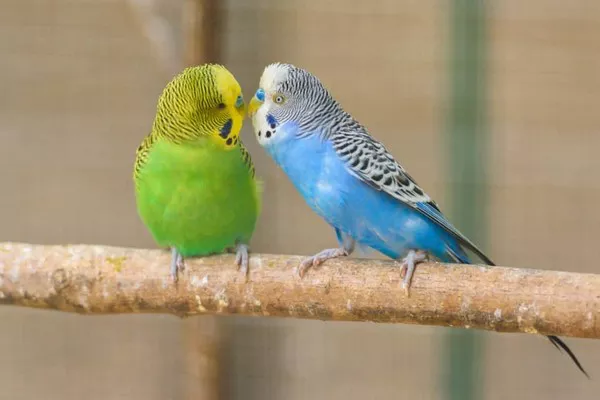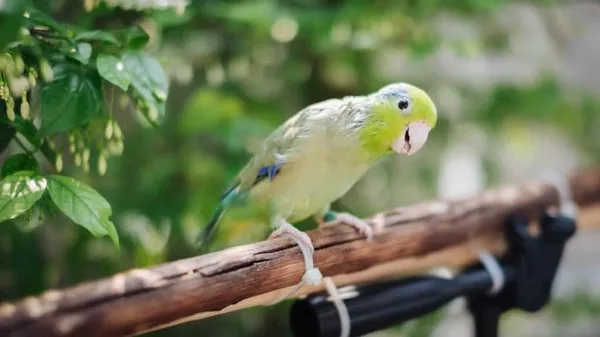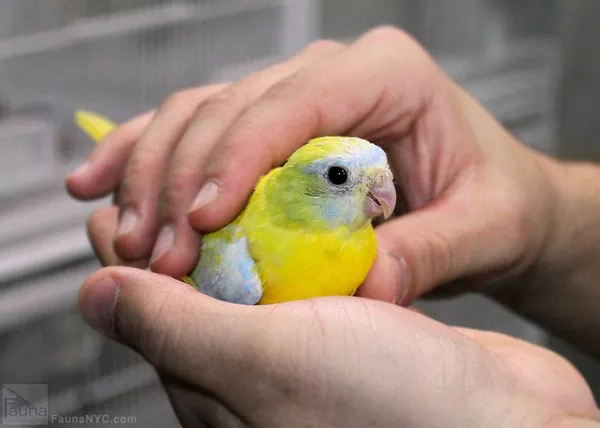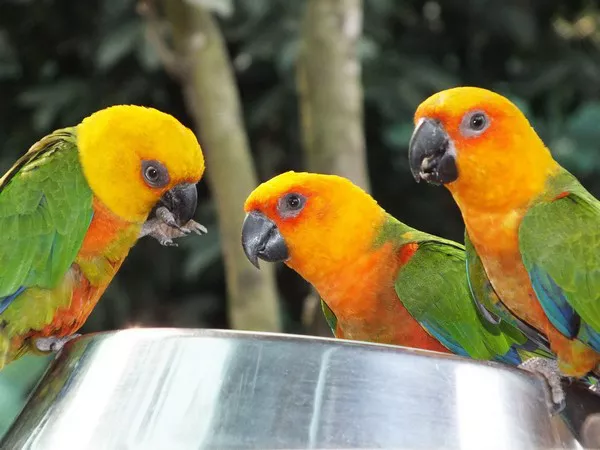Indian Ringneck parrots (Psittacula krameri manillensis), renowned for their vibrant plumage and engaging personalities, are popular avian companions among bird enthusiasts. Proper nutrition is pivotal to the health and well-being of these intelligent and playful birds. In this guide, we will delve into the best dietary practices for Indian Ringneck parrots, ensuring they lead happy and healthy lives.
Understanding Indian Ringneck Dietary Needs
Indian Ringneck parrots are omnivorous, meaning they consume a varied diet that includes fruits, vegetables, grains, nuts, and occasional animal-based proteins. Their natural habitat spans from India to Southeast Asia, and in captivity, replicating their diverse diet is key to maintaining their overall health.
Essential Components of an Indian Ringneck’s Diet
High-Quality Pellets: Nutritionally balanced pellets formulated specifically for parrots should form the foundation of your Indian Ringneck’s diet. These pellets ensure that your bird receives essential vitamins, minerals, and nutrients in every bite.
Fresh Fruits: Offer a colorful assortment of fresh fruits such as apples, berries, grapes, and melons. These provide essential vitamins and antioxidants that contribute to your bird’s immune system and overall vitality.
Nutritious Vegetables: Serve a variety of vegetables like carrots, bell peppers, spinach, and broccoli. These vegetables offer important fiber content and contribute to your parrot‘s digestive health.
Healthy Grains: Incorporate whole grains like quinoa, brown rice, and whole wheat pasta. These grains offer complex carbohydrates that provide sustained energy to your bird.
Nourishing Nuts: Nuts like almonds, walnuts, and pecans are rich in healthy fats and proteins. They should be provided in moderation due to their high caloric content.
Limited Seeds: While seeds are enjoyed by Indian Ringneck parrots, they are high in fat and low in essential nutrients. Use seeds as occasional treats rather than a primary food source.
Protein-Rich Foods: Offer lean sources of protein such as cooked chicken, boiled eggs, and legumes. These provide the building blocks for strong muscles and feathers.
Creating a Balanced Diet
Achieving a balanced diet is crucial to your Indian Ringneck’s well-being. The “30-70 Rule” is a guideline that suggests 30% of the diet should consist of high-quality pellets, while the remaining 70% can be a combination of fruits, vegetables, grains, nuts, and proteins. Regularly rotate the fruits and vegetables you offer to provide a diverse range of nutrients.
Hydration Matters:
Fresh, clean water should always be available for your Indian Ringneck. Monitor water levels daily and clean the water container to prevent bacterial growth.
Foods to Avoid:
Certain foods can be harmful to Indian Ringneck parrots. Avoid feeding them chocolate, caffeine, avocado, alcohol, and high-sugar or high-salt foods. These items can lead to serious health issues.
Feeding Tips
Variety is Key: Introduce new foods gradually to encourage your bird’s acceptance.
Freshness Matters: Always provide fresh and clean food to prevent bacterial contamination.
Portion Control: Be mindful of portion sizes to prevent obesity and wastage.
Observe and Adapt: Monitor your bird’s eating habits and adjust the diet as needed.
Conclusion
Proper nutrition plays a pivotal role in the health and longevity of your Indian Ringneck parrot. By offering a balanced diet that includes pellets, fresh fruits, vegetables, grains, nuts, and proteins, you ensure that your feathered friend enjoys a happy and vibrant life. Remember to consult avian veterinarians or experts for personalized dietary recommendations, and enjoy the rewarding journey of nourishing your beloved Indian Ringneck companion.
Related Topics:
























